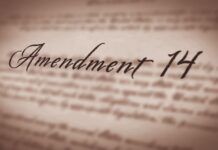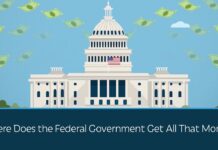We were suppose to make back the extra money we spent buying energy efficient cars by paying for less gasoline and therefore less gas taxes. However, you may end up paying fees on the amount of miles you drive, instead.
The Biden Administration is actively searching for ways to fund its $1 trillion infrastructure plan, so many questions were asked of Pete Buttigieg’s during his confirmation hearing in the Senate Commerce, Science, and Transportation Committee on January, 21, 2021. Florida Republican Sen. Rick Scott asked Buttigieg if he would support increasing the federal gas tax, which is currently charged to drivers in addition to state gas taxes. Both the federal gas and diesel tax is the primary funding source for the Federal Highway Trust Fund.
“I think all options need to be on the table, as you know, the [federal] gas tax has not been increased since 1993, and it has never been pegged to inflation, and it’s one of the reasons why the current state of Highway Trust Fund is that there’s more going out than coming in,” Buttigieg replied. “In the long term, we need to bear in mind also that as vehicles become more efficient and as we pursue electrification, sooner or later, there will be questions about whether the gas tax can be effective at all.”
The state of Virginia has started charging a “highway use fee” to drivers with vehicles that the state government deems “fuel-efficient,” including gas and diesel vehicles. The fee varies based on how fuel-efficient the government determines the vehicle to be, and the government can adjust the tax rate as it chooses.
Buttigieg said tying the gas tax to inflation as well as the VMT model would be considered by the Biden Administration.














































